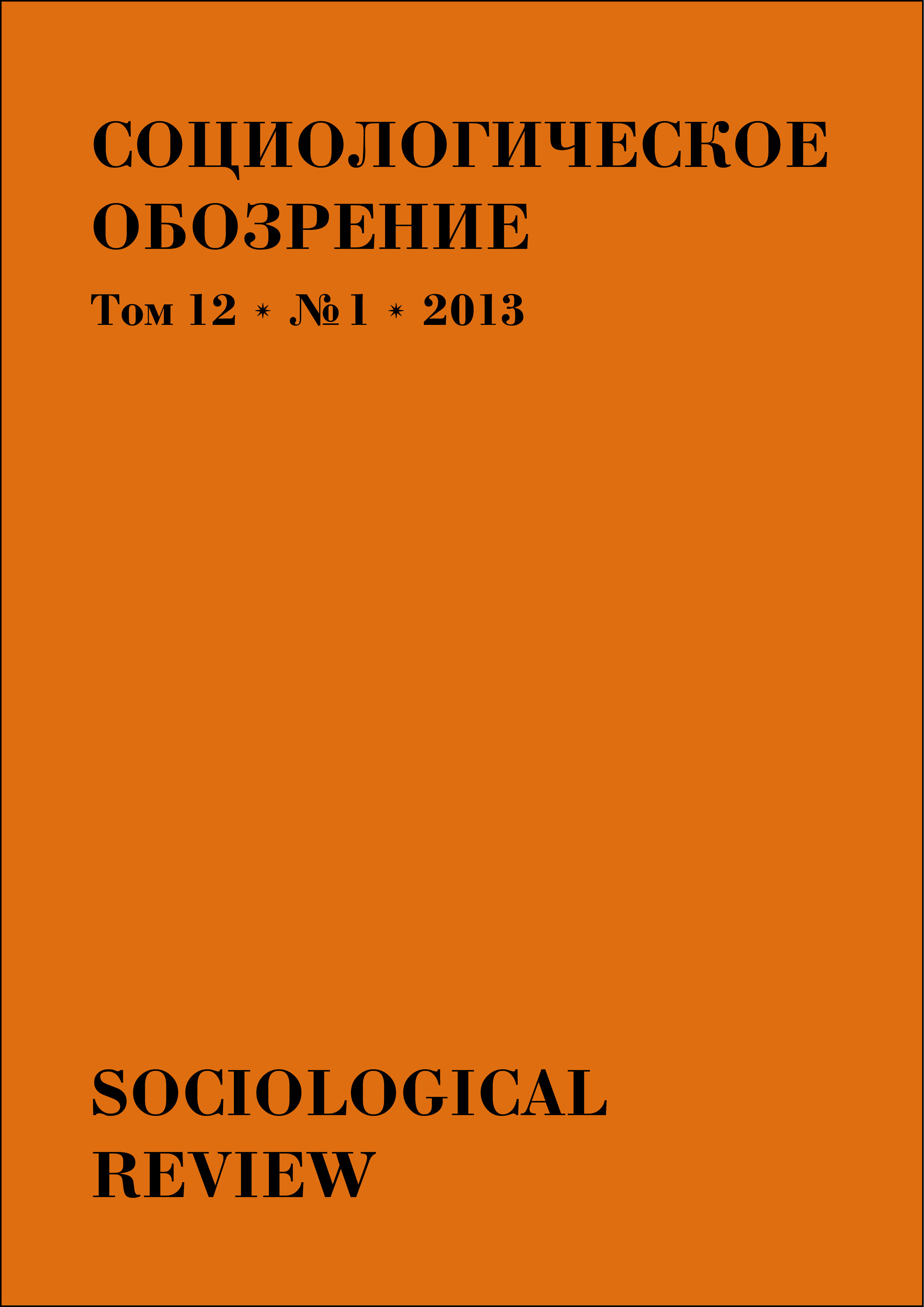Herzen and slavophiles
Abstract
The article discusses the relationships between Herzen and Slavophiles from the 1840s to the first half of the 1860s. The article highlights 3 periods of relationships: (1) Moscow period (1842–1846), (2) the first phase of Herzen’s emigrant life (1847–1855), (3) the period of Herzen’s maximum influence on Russian public life and thought (1856–1862) and of decline (1863–1870). Special attention is paid to the influence of Slavophil views on Herzen in the 1850s, when Herzen worked upon the idea of so-called “Russian socialism”. Herzen’s first personal acquaintance to Slavophiles occurred at the spring of 1842. Personal contacts have corrected significantly his earlier views and evaluations developed on the basis of his assessments of “Westernizing” camp and quite limited acquaintance to Slavophil texts. Slavophil problems get a new impetus during the emigration period when Herzen, being a part of “European revolutionary emigration”, vividly observes a connection between revolution and national movements. With the beginning of reign of Alexander II, there is a revival of social life and reformatory plans. On this basis occurs the maximum rapprochement of Herzen with Slavophiles, especially with the most liberal part of the movement (I.S. Aksakov, Y.F. Samarin). Break-up between Herzen and Slavophiles took place in 1863 due to the differences in positions concerning January revolt in Poland. The differences, however, refers to a drastically different original perspectives, only manifested themselves during the crisis.




